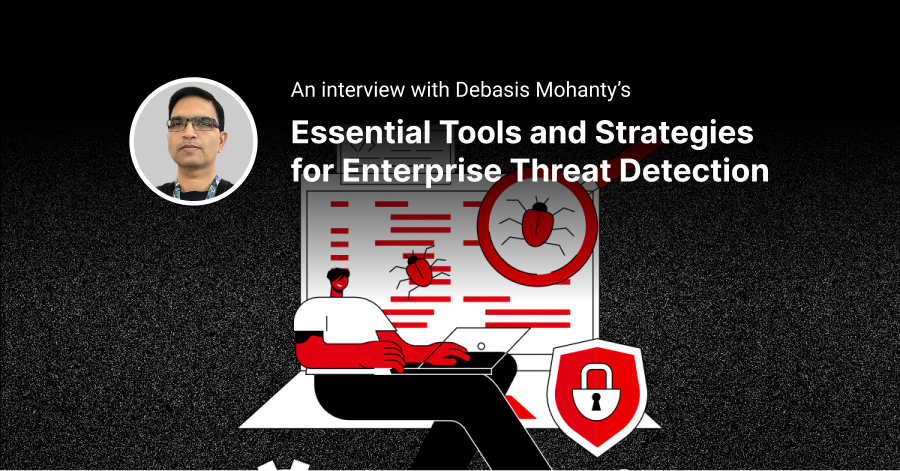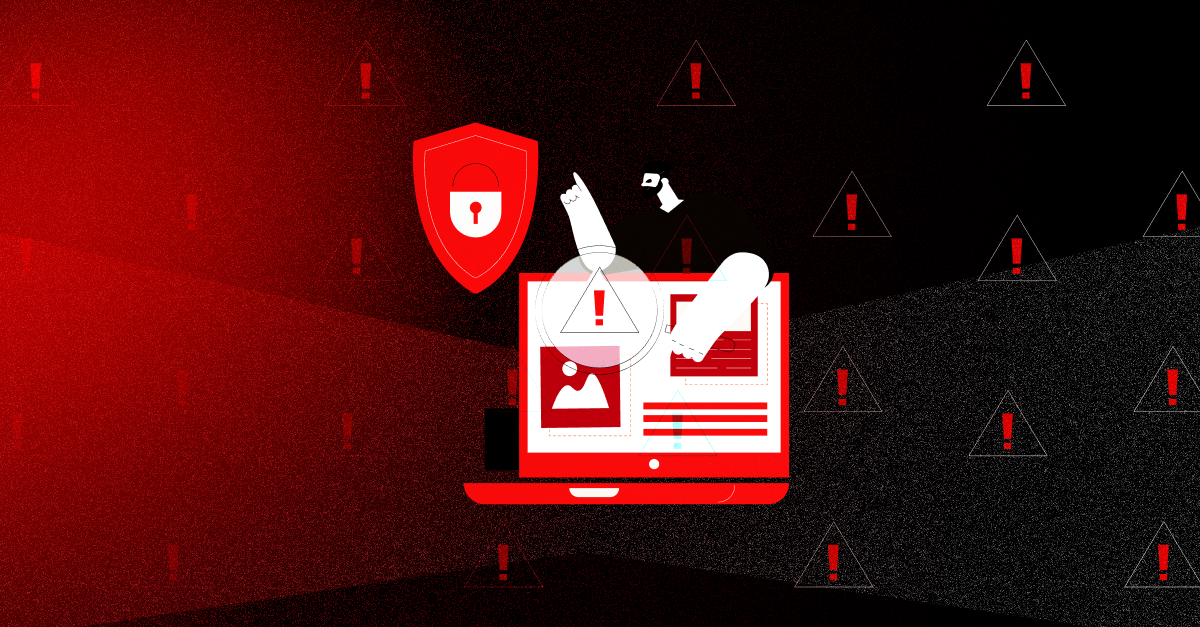In today's digital age, data breaches have become a prevalent and concerning issue for businesses of all sizes in Australia. These breaches can result in significant financial losses, damage to reputation, and legal consequences. In this guide, we will delve into the critical topic of data breach reporting for Australian businesses. Understanding what constitutes a data breach, why it's essential to report it promptly, and how to navigate the intricacies of Australian data privacy laws is paramount in safeguarding your organization's sensitive information and maintaining the trust of your customers.
Data Breach Defined
A data breach, as defined by the Office of the Australian Information Commissioner (OAIC), refers to the unauthorized access, disclosure, or loss of personal information held by an organization. This includes any information related to an identified individual or someone who can be reasonably identified. Personal information encompasses a wide range of data, such as names, addresses, phone numbers, email addresses, financial details, and even seemingly innocuous data like IP addresses or biometric information. Data breaches can occur through various means, including cyberattacks like hacking or phishing, accidental exposure of data, mishandling by employees or third-party vendors, and physical theft or loss of devices containing personal information. Essentially, a data breach is a situation where sensitive information is exposed without proper authorization, posing a risk to individuals' privacy and security.
The Significance of Reporting
Data breaches can be caused by malicious acts or by accident, but it doesn't matter what caused it: it's essential to report any data breach. Here are a few important reasons why you should always report a data breach right away.
First and foremost, it helps minimize harm to individuals by enabling a prompt response. Notifying the right people and providing them the details they need to take action is the criticcal first step in protecting your data, customers, and reputation.
Additionally, it demonstrates your commitment to transparency and compliance with data privacy laws, which can help mitigate legal consequences and protect your organization's reputation.
Failing to report a data breach can result in significant fines and legal repercussions, which can be financially damaging. Not only will you have to pay for the damages caused by the breach, but you will also have to pay costly fines, and you could even be sued.
Reporting a breach allows you to identify security weaknesses within your organization. By addressing these vulnerabilities, you not only prevent future breaches but also strengthen your reputation as a responsible guardian of customer data.
Australian Data Privacy Laws
Privacy Act 1988
The Privacy Act 1988 serves as the foundation of data privacy regulations in Australia, guided by 13 Australian Privacy Principles (APPs). These principles cover the collection, use, and disclosure of personal information, organizational governance and accountability, integrity and correction of data, and individuals' rights to access their own information. What sets the APPs apart is their flexible, principle-based nature, allowing organizations to adapt personal information handling to their business models and changing technologies. Importantly, the Privacy Act carries strict consequences for breaches of these principles, considered as 'interference with the privacy of an individual,' leading to regulatory actions and penalties. This framework not only mandates responsible data management but also significantly influences data breach reporting practices, emphasizing the commitment to safeguarding personal information and ensuring compliance to maintain trust and avoid penalties.
The Notifiable Data Breach Scheme
The Notifiable Data Breaches (NDB) Scheme, introduced in 2018 under Part IIIC of the Privacy Act 1988, is a crucial component of Australian data privacy regulations. This scheme mandates that eligible data breaches must be promptly reported to both affected individuals and the Office of the Australian Information Commissioner (OAIC). An eligible data breach is defined by specific criteria:
- Unauthorized Access or Disclosure: An eligible data breach occurs when there is unauthorized access to or disclosure of personal information held by an entity, or when information is lost in circumstances where unauthorized access or disclosure is likely to occur.
- Likely Result in Serious Harm: The breach must be likely to result in serious harm to any of the individuals to whom the information relates. This harm can include financial, reputational, or other types of significant harm.
- Inability to Prevent Likely Risk: The entity has been unable to prevent the likely risk of serious harm with remedial action. In other words, even after taking steps to mitigate the breach's impact, serious harm is still likely.
In cases where it's not immediately clear whether a suspected data breach meets these criteria, entities are required to conduct an assessment. This assessment will determine whether the breach qualifies as an 'eligible data breach,' triggering the notification obligations under the NDB Scheme.
The NDB Scheme aims to promptly notify individuals if their personal information is involved in a data breach that may cause serious harm.
Responding to Data Breaches
Identifying a Breach
Identifying a data breach is the first crucial step in responding effectively. Breaches can take various forms, from sophisticated cyberattacks to simple human errors. It's essential to have systems in place to detect unusual activities, unauthorized access, or data leaks promptly. Training your employees to recognize potential breaches and encouraging a culture of vigilance can significantly enhance your organization's ability to identify and address breaches swiftly.
In addition, establishing an escalation protocol is vital. Determine when a line manager can handle a breach and when it should be escalated to the response team. Factors such as the scale of the breach, potential harm to individuals, and indications of systemic issues within your organization should influence this decision. You might consider designating a dedicated role, like a privacy contact officer, to make this determination.
Formulating a Response Plan
A well-organized data breach response team is critical. Different expertise may be required for various breaches, and in some cases, external experts like legal advisors or data forensics specialists may be necessary. Maintain an up-to-date list of response team members, their roles, responsibilities, and contact details, with second points of contact in case of unavailability.
Clearly outline the actions your response team should take when a data breach is identified. These actions encompass containment strategies, risk assessments, and steps for promptly notifying affected individuals and relevant external stakeholders. Additionally, emphasize the importance of thorough documentation, even for breaches that do not require escalation, to ensure regulatory compliance and support risk assessment for future improvements.
Reporting a Data Breach
When and How to Report
Under the Notifiable Data Breach (NDB) scheme, organizations and agencies covered by the Privacy Act 1988 in Australia must report eligible data breaches promptly. In the event of a suspected eligible data breach, organizations and agencies must swiftly assess the incident to determine whether it is likely to result in serious harm to any individual. It's crucial to act promptly to meet reporting obligations.
Obligations and Timelines
Organizations and agencies that have reasonable grounds to believe an eligible data breach has occurred must fulfill two essential obligations:
- Notify Affected Individuals: They must promptly notify any individual at risk of suffering serious harm due to the breach. This notification should include information about the breach, the kinds of information involved, and recommendations about the steps affected individuals should take in response to the data breach.
- Notify the OAIC: Simultaneously, organizations and agencies must notify the Office of the Australian Information Commissioner (OAIC) about the data breach. This notification should include the organization or agency's name and contact details, a description of the data breach, and recommendations about the steps individuals should take in response to the breach.
The timeline for reporting is critical. As soon as an organization or agency has reasonable grounds to believe that an eligible data breach has occurred, they must initiate the notification process without delay. Timeliness in reporting ensures that affected individuals can take necessary measures to protect themselves, and it aids in regulatory compliance under the NDB scheme.
Preventing Future Data Breaches
Strengthening Security Measures
While responding to data breaches is important, prioritizing prevention should be a primary focus. Minimizing the risk of data breaches requires a proactive approach to security and privacy. Here are some steps businesses can take to enhance their security measures:
1. Collect only essential customer data.
2. Implement robust authentication mechanisms for accessing shared resources and systems. Use strong, unique passwords and consider implementing multi-factor authentication (MFA) for increased security.
3. Regularly back up important data to secure locations to prevent loss of access to valuable information in case of a breach.
4. Conduct thorough due diligence when selecting vendors to work with.
Employee Training
Employees play a critical role in data breach prevention. Training your staff to recognize potential threats, follow security protocols, and respond appropriately can significantly reduce the risk of breaches caused by human error.
Here are some valuable tips for implementing effective employee training programs:
1. Security Awareness Training: Conduct regular security awareness training sessions for employees. These sessions should cover topics such as recognizing phishing emails, practicing safe browsing habits, and identifying suspicious activities.
2. Data Handling Protocols: Establish clear guidelines for how employees should handle sensitive data. This includes the secure storage and transmission of information and the proper disposal of confidential documents.
3. Incident Response Training: Equip your staff with the skills and knowledge needed to respond to security incidents swiftly and effectively. This includes reporting suspicious activities, communicating breaches, and following predefined incident response plans.
4. Ongoing Education: Cyber threats evolve rapidly. Keep employees informed about emerging threats and provide ongoing education to ensure they stay vigilant and up-to-date with the latest security practices.
5. Employee Accountability: Foster a culture of accountability regarding data security. Ensure that employees understand the consequences of failing to adhere to security policies and procedures
Conclusion
Data breach reporting is not only a legal requirement but also essential for maintaining trust with your customers and protecting your business from reputational and financial damage. By understanding the intricacies of data breach reporting in Australia, you can effectively navigate the complex landscape of data privacy laws, respond promptly and efficiently to breaches, and proactively take measures to prevent future incidents.
References: OAIC







